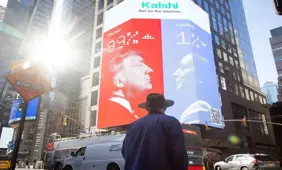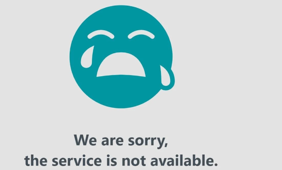Traditional Gambling Advertising Spend in Sweden Reaches Lowest Level in Seven Years

Traditional gambling advertising spending in Sweden has reached its lowest level in seven years, according to data released by the country's regulator, Spelinspektionen.
Operators spent SEK3.40bn (£244.6m/€286.3m/$311.1m) on traditional advertising in 2022, representing a 15.0% decrease from the previous year. This figure is also the lowest since data was first published in 2016, and a significant drop from the SEK7.30bn spent in 2018.
The decline in traditional advertising spend follows the relaunch of the Swedish-regulated market in 2019, which led to the exit of many unlicensed brands from the country. Spelinspektionen's crackdown on unlicensed activity further reduced advertising spend in subsequent years as attention shifted to regulated activities. However, the shift towards digital marketing may also be contributing to the decline in traditional advertising, as operators increasingly utilize digital platforms to connect with consumers.
Breaking down the advertising spend in 2022, 30% was focused on casino advertising, with a significant portion dedicated to live casino promotions. Sports betting, excluding horse racing, accounted for 28% of the advertising spend, while 26% was allocated to lottery-based games. Betting on horse racing represented 12% of the spending, while online bingo accounted for 4%.
Spelinspektionen Continues Battle against Illegal Gambling
Despite the success in curbing unlicensed gambling, concerns remain over channelization in the Swedish market. A recent report by Sweden's Online Gaming Industry Association (BOS) revealed that only 77% of the country's online gaming market is channeled through licensed operators, falling far short of the 90% target set by Sweden. BOS called for action to address this "critically low" channelization rate.
In response to these concerns, the Swedish government has granted Spelinspektionen new measures to combat illegal gambling, particularly related to payment providers. Payment providers are now required to submit information to Spelinspektionen regarding their systems' use in processing payments to and from unlicensed operators. Furthermore, the regulator has begun obligating owners of supplier licenses to pay fees, aiming to ensure compliance and accountability within the industry.
The government is also considering proposals to increase penalty fees for gambling operators that breach the country's Money Laundering Act. Currently, the penalties for such violations are much lower than those for violations of the Gambling Act, which is deemed unsatisfactory. The potential adjustment would align the penalties for both acts, acknowledging the seriousness of money laundering offenses in the gambling sector.
As the Swedish gambling market continues to evolve and adapt to changing trends and technologies, both regulators and operators will need to find a balance between effective marketing strategies and responsible gambling practices to ensure a safe and sustainable industry for Swedish consumers.
More Finance News
RELATED TOPICS: Finance











Review this New Post
Leave a Comment
User Comments
Comments for Traditional Gambling Advertising Spend in Sweden Reaches Lowest Level in Seven Years